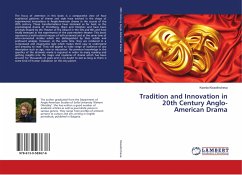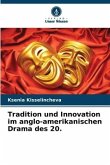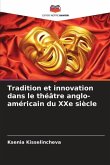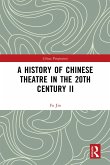The focus of attention in this book is a comparative view of how traditional patterns of theme and style have evolved in the shape of experimental innovations in Anglo-American drama in the course of the 20th century. These transformations have stemmed as far back as the psychological drama of Strindberg, Ibsen and Chekhov and have been strongly shaped by the Theater of the Absurd in the 50's and 60's and have finally emerged in the experiments of the post-modern theater. This book represents a multi-colored mosaic of self-contained and at the same time of inter-connected studies which are distinguished by their subtle and profound analysis. However, at the same time, they are rendered in a compressed and imaginative style which makes them easy to understand and amusing to read. They will appeal to wide range of audience of any description such as age, race or education. No previous knowledge in the specifics of the dramatic mode is required in order to enjoy reading and getting insights into the magic and mysteries of drama which has been around for thousands of years and is no doubt to last as long as there is some kind of human civilization on this tiny planet.
Bitte wählen Sie Ihr Anliegen aus.
Rechnungen
Retourenschein anfordern
Bestellstatus
Storno








